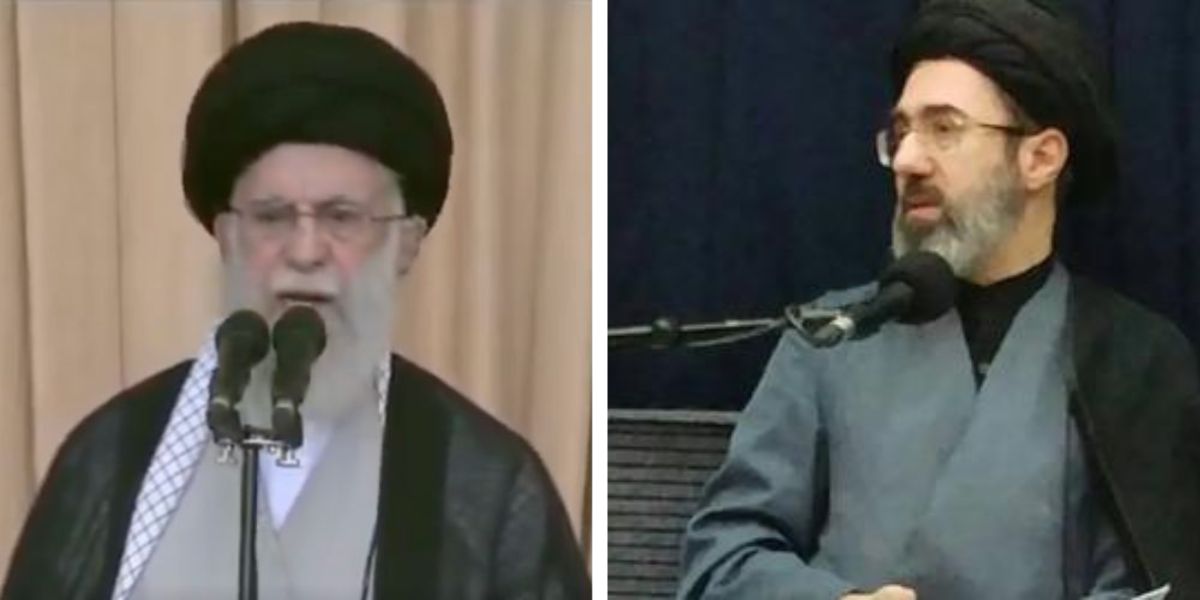On Wednesday, the Supreme Court of Japan ruled that those who were forcibly sterilized under the country's old eugenics law had, in fact, had their constitutional rights violated. The judges ruled in favor of the plaintiffs, a small fraction of the thousands subjected to the procedure, ordering the government to pay damages. Of the five cases brought to the Supreme Court on appeal, four resulted in payments of upwards of the equivalent of $68,000 USD.
Between the law's inception in 1948 and its repeal in 1996, around 25,000 Japanese citizens were sterilized to prevent the propagation of "inferior" offspring. Of those, 8,500 gave consent, though lawyers have argued that the vast majority were "de facto forced" due to the societal pressure they faced.
According to the Guardian, the decision was unanimous, with all 15 Supreme Court judges agreeing that the policy violated articles 13 and 14 of the constitution, which protects citizens against being forced to undergo physically invasive procedures and declare a right to equality, respectively. In many cases, physical restraint, anesthesia, and "deception" were utilized to sterilize the victims.
The government had argued that the cases brought by the plaintiffs should not go forward because of the nation's 20-year statute of limitations for an unlawful act, however the court ruled that when it came to victims of forced sterilization, the limit would be waived.
Survivors of the policy had been trying for decades to get the government to admit responsibility and compensate them accordingly when finally, in 2019, a law was passed that provided the equivalent of $20,000 USD each.
Now-former prime minister Shinzo Abe said the government had "sincere regret" about the policy, admitting that, "during the period the law was in effect, many people were subjected to operations that made them unable to have children based on their having a disability or another chronic illness, causing them great suffering."
Between the law's inception in 1948 and its repeal in 1996, around 25,000 Japanese citizens were sterilized to prevent the propagation of "inferior" offspring. Of those, 8,500 gave consent, though lawyers have argued that the vast majority were "de facto forced" due to the societal pressure they faced.
According to the Guardian, the decision was unanimous, with all 15 Supreme Court judges agreeing that the policy violated articles 13 and 14 of the constitution, which protects citizens against being forced to undergo physically invasive procedures and declare a right to equality, respectively. In many cases, physical restraint, anesthesia, and "deception" were utilized to sterilize the victims.
The government had argued that the cases brought by the plaintiffs should not go forward because of the nation's 20-year statute of limitations for an unlawful act, however the court ruled that when it came to victims of forced sterilization, the limit would be waived.
Survivors of the policy had been trying for decades to get the government to admit responsibility and compensate them accordingly when finally, in 2019, a law was passed that provided the equivalent of $20,000 USD each.
Now-former prime minister Shinzo Abe said the government had "sincere regret" about the policy, admitting that, "during the period the law was in effect, many people were subjected to operations that made them unable to have children based on their having a disability or another chronic illness, causing them great suffering."





